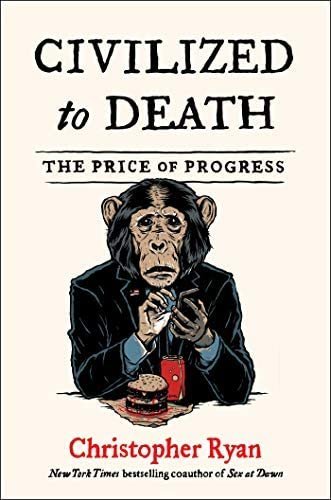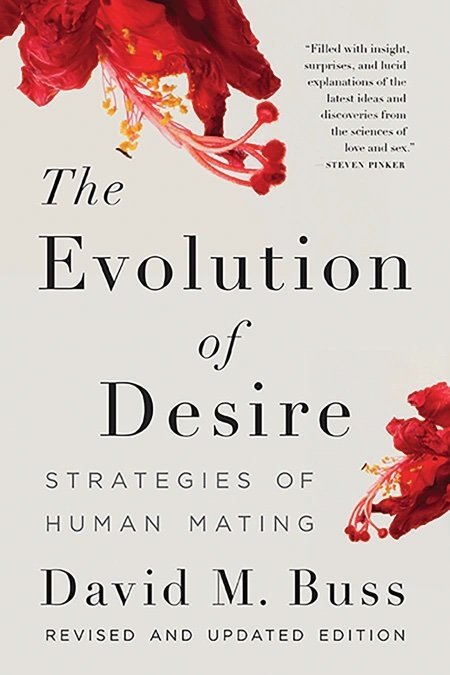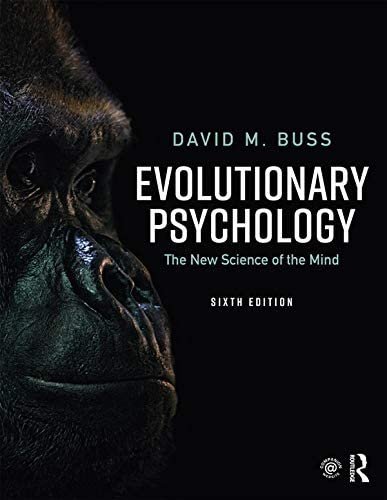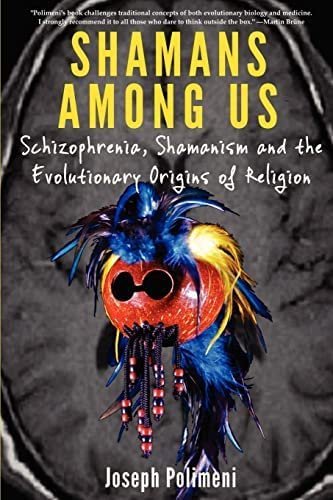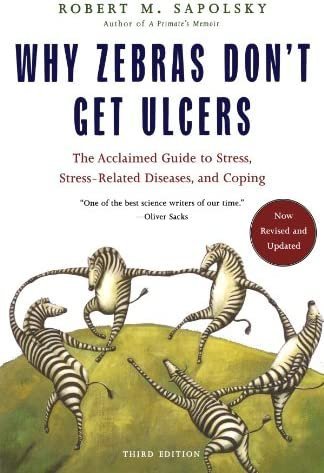Evolutionary psychology in the therapy room
Same brain, different environment
Human ancestors are believed to have branched off from the common ancestor with chimpanzees approximately 5 million years ago. Homo Sapiens, individuals that would be undistinguishable from us if raised in a modern environment, appeared in Africa around 300 thousand years ago.
If we were to compress the evolution of the human brain in 24 hours, with 00:00 at 5 million years ago and 12:00am at present, we would see Homo Sapiens pop up at 11:34pm. The invention of agriculture and the start of civilization would be at 11:57pm (around 10 thousand years ago), and the Industrial Revolution only a mere 4 seconds ago.
We’ve been living a non-hunter-gatherer life for only “three minutes”. Our brain did not evolve for this, and surely it did not have time to catch up. If we want to understand humans, their behavior, its ultimate causes, we must look at the environment for which it was designed by evolution.
Evolutionary psychology does precisely that. It is a field of study investigating how our behaviors and cognitive processes have evolved. It answers the “why” questions. Why do men and women behave differently? Why do we get sad, happy, angry? Why can’t we say no to doughnuts? After all, we already do it in the context of traditional medicine when we inquire about the functions of organs, such as understanding how the liver clears toxins. Or when we look at physical symptoms like pain or fever—our body's way of protecting us from harm. There's no reason why we shouldn't apply a similar approach to understanding cognition and behavior. People typically seek help for symptoms rather than diseases, and good doctors know that symptoms like pain, fever, cough, nausea, and vomiting are protective responses, signaling underlying issues.
Similarly, psychological symptoms such as anxiety, depression, or jealousy have roots in our ancestral past. These emotions once served as adaptive responses to challenges our ancestors faced. Consider anxiety. Today, it might manifest as excessive worry, but in our past, it kept our ancestors vigilant against potential threats. We are the descendants of individuals who were most likely very anxious. The chill ones? They did not survive long enough to pass on their genes. Similarly, depression might seem like a debilitating condition in today's world, but its roots lie in withdrawal behaviors that allowed individuals to conserve energy and seek support from their social group during times of adversity. We are the descendants of humans who were able to get depressed.
This perspective invites us to reconsider our understanding of mental health. Rather than viewing these symptoms as defects or disorders, evolutionary psychology encourages us to see them as features of our adaptive toolkit. It's a paradigm shift that embraces neurodiversity, recognizing the diverse range of cognitive and emotional experiences within the human population. By acknowledging the universality of these psychological phenomena, we can foster greater empathy and compassion for ourselves and others. After all, the struggles we face today often echo the challenges our ancestors encountered on their own journey through time.
Some book recs (scroll):
Some fascinating studies that show how evolutionary psychology can enhance compassion in the therapy room:
How evolutionary psychology is compatible with social work values and clinical psychology.
Major depression as an evolved behavior to elicit help from social partners and increase fitness, including suicidal behavior.
ADHD is a feature, not a disease.
Risk-taking behavior in adolescents seen thru an evolutionary psychology lens.
Eating disorders: an evolutionary approach.
An evolutionary/CBT approach to jealousy and infidelity.
Randomized controlled trial of Cognitive Evolutionary Therapy for Major Depression.

